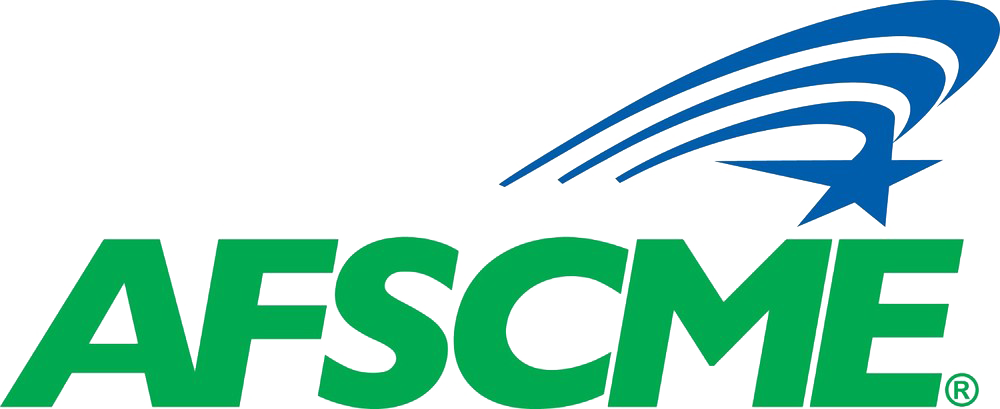695 minutes by non-State Email
Following a motion passed in a member meeting, Local 695 is now requesting members provide an optional non-State social media contact method (personal e-mail or SMS text # provided to Local Secretary [email protected]) to send official membership meeting reminders and minutes.
Help is available to create a ‘burner’ account (free web-mail MSN, YAHOO, GMAIL etc.) 695’s messages will show “opt-out” unsubscribe links. Member contact info has password protection at Local 695, in Council 5’s MemberLink and at AFSCME International, Washington, D.C.
Some agreements can be overtly formal and explicitly reduced to written form. Apparently, a covertly agreed, or invisibly silent convention, between District 1 and 695 parties unknown, established a questionable precedent where Local 695 depends on State of MN enterprise production network E-mail to routinely use a tax-payer provided State resource for non-work Union business purposes.
In Minnesota, most other AFSCME Locals can independently afford reliable member communication methods that work whether opted-in members are in the office or working in the field, on or off clock.
Management and Budget Human Resources / Labor Relations policy 1423 cites the Hatch act for union use of state infomation technology resources. Hatch applies only to employees campaigning for political office while on salaries entirely funded by Federal loans or grants.
Employees may use their state email address and state email systems to engage in union activity, including to communicate with their union representatives, so long as the use does not increase risk to state data or system security and results in no more than incremental cost to the state. Other than communication with union representatives regarding matters related to the employee’s job, such activity must occur outside of employees’ work hours, except as provided by collective bargaining agreement: meeting and election reminder notices. State email addresses and the state email system may not, however, be used for political activities, fundraising, campaigning for union office, union organizing activities, or solicitation of employees for union membership.
On Use of State Property or Time, policy 1445 states
Employees may not use or allow the use of state-paid time or state owned or leased facilities, supplies, equipment, or other property for their private interest, for the private interest of any person or organization, or any other use not in the interest of the state, except as authorized by law. An exception is that an employee may use state time, property, or equipment to communicate electronically (e.g., to elected officials or exclusive representatives) provided such use results in no additional charge to the agency, or a charge so small as to make accounting for it unreasonable or administratively impractical, and provided such use is in compliance with HR/LR Policy #1423 Appropriate Use of Electronic Communication and Information Technology.
It is no easy task to define the public interest and to balance it against privacy interests. Beware, when in abiding with policy 1445 and using state resources for sensitive personal or private communications, there is no expectation of privacy and government employers must comply with legally filed public information requests for large amounts of data regardless of who makes them, or why:
Public records request released personal data
MnDOT issues Human Resource polices that say all employees are required to acknowledge their committment to maintain public trust by acting with the highest standards of honesty, integrity, and ethical behavior. These standards include acting impartially in our jobs, avoiding conflicts of interest, and ensuring that state resources are used for state purposes. As little or no difference is found between MnDOT-HR and 695 in need to curate trust of the tax-paying public, the Local maintains private e-mail hosting at a paid .org domain and maintains an open-access web page: https://www.afscmemn.org/afscme-local-695
